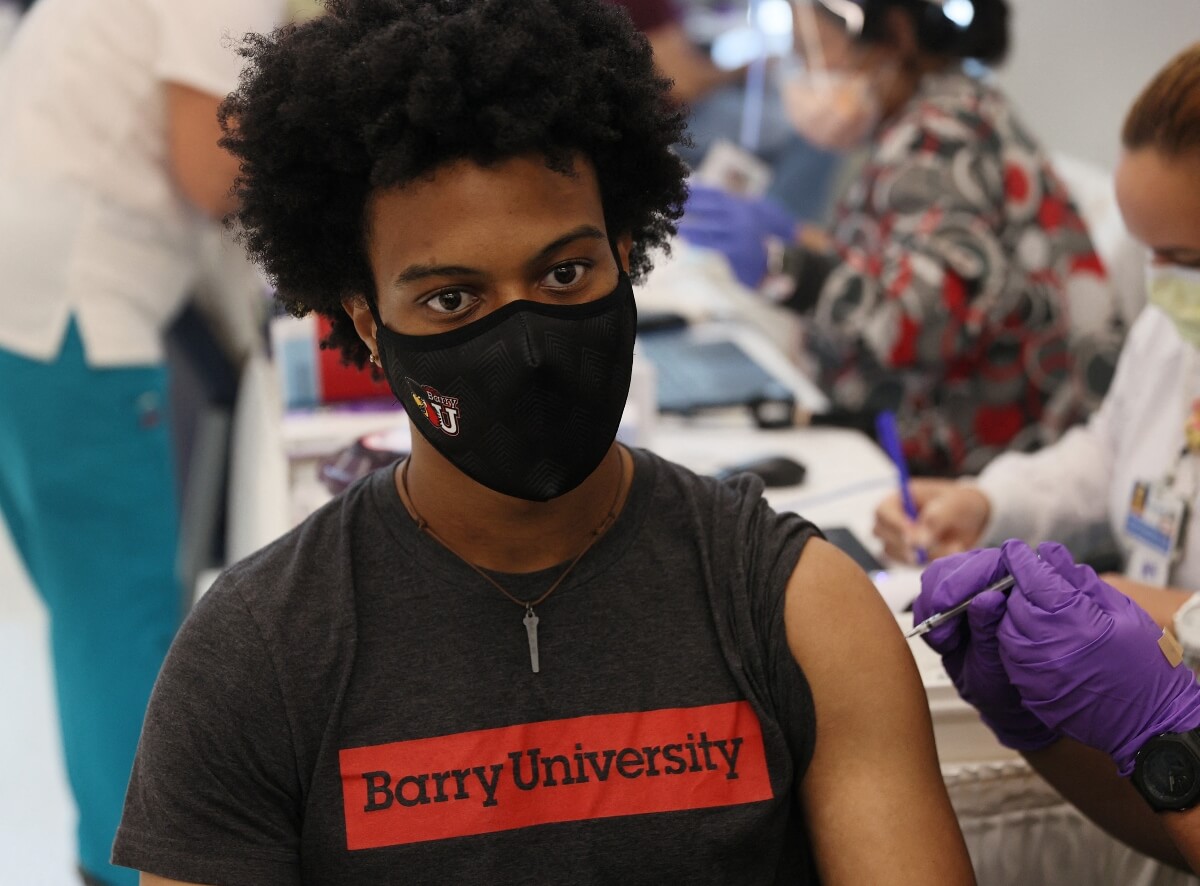
Aspiring international students favour want face-to-face study, with some willing to switch study abroad destinations if it meant they could access on-campus learning earlier, said a survey by IDP Connect. Findings of the fourth International Student Crossroads research found only 10% of students are willing to commence a course entirely online.
Although the majority (75%) of students surveyed by IDP Connect expect to commence their studies as planned, student confidence has dropped by five percent since the October 2020 study, suggesting some students are growing tired of the uncertainty and prolonged disruption.
“Demonstrating students’ resilience and willingness to compromise, 43% of respondents said they would start online only if the course later transitioned to face-to-face,” said IDP Connect in a press release. “While 31% of students said they would defer until face-to-face teaching became available, 11% remain undecided as to whether they would start online or wait for face-to-face and four percent will withdraw their application if the situation does not improve.”
Respondents stated the lack of international experience was the key factor stopping them from commencing online-only study; 39% of students reported they were likely to switch destinations if it meant they could access on-campus learning earlier while 30% of respondents said they would switch destinations to undertake face-to-face teaching even if this meant forgoing a scholarship offer.
Students willing to be vaccinated for on-campus learning

Many countries have slowly begun vaccination rollouts. Source: Joe Raedle/Getty Images North America/Getty Images via AFP
More than half of international students (55%) surveyed are willing to be vaccinated as soon as possible, suggesting destinations that insist on COVID-19 vaccine were not deterring students. Other highlights include:
- Nine percent of students surveyed have already been vaccinated
- 30% remain hesitant, stating they need more information about the vaccines before taking their next steps – highlighting a communications priority for governments and institutions
- Six percent of those surveyed stated that they are willing to wait until Vaccine Passports are no longer needed
Student perceptions of the destination countries were also tested. Canada received the highest rating, particularly for its policies for international students and post-study work visas. New Zealand was rated as having responded best to the COVID-19 pandemic, followed by Australia. The UK was perceived to be the middle of the pack in almost all categories. The US continued to lag in last place.
IDP Education CEO Andrew Barkla said although the results only showed a marginal decline in students’ confidence in being able to commence their studies as planned since October 2020, countries that were lagging in catering for international students needed to move swiftly.
Our Intl Student Crossroads IV research shows that, while students are largely in favour of vaccinations, 30% of students are seeking more information. Governments & institutions need to be sending clear & direct information on vaccinations to students: https://t.co/IpsUN9cklV pic.twitter.com/jACmq7rGBG
— IDP Connect (@IDP_Connect) April 30, 2021
“Urgency is key. Countries such as Australia need to give students reassurance and outline a roadmap for how international students are able to enter the country safely and commence on-campus learning, and a timeline for a return to face-to-face learning,” Barkla said. “The research clearly shows that an online offering cannot replace the on-campus experience, nor is it what the majority of students want.
“Students have shown a real willingness to quarantine and vaccinate and are open to starting their studies online. This flexibility and commitment should be repaid with clear and welcoming policies that acknowledge their enormous contribution to the Australian community. Canada continues to set the tone in its progressive policies and communication with students, but this approach can be and should be adopted by all major study destinations.”
IDP Connect’s findings examined the attitudes and behaviours of international student applicants, offer holders, and current students. The latest research surveyed more than 6,000 respondents from more than 57 countries, all of whom hold aspirations or existing applications for studying at higher education institutions in Australia, Canada, New Zealand, the UK and the US.










